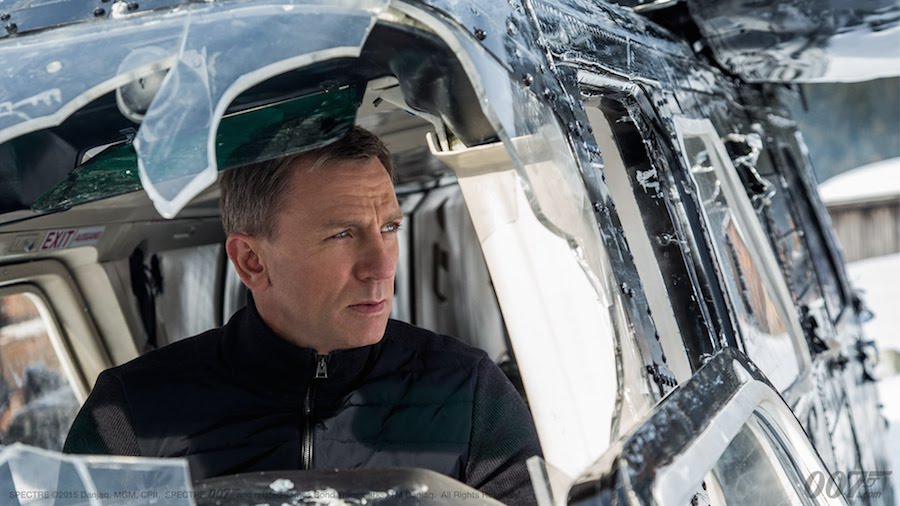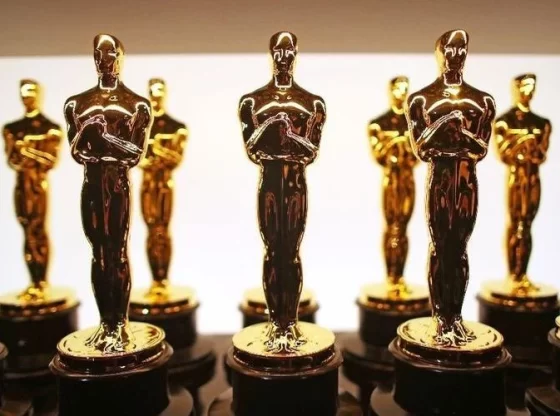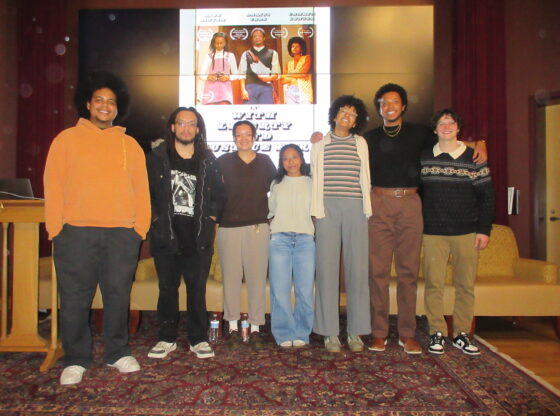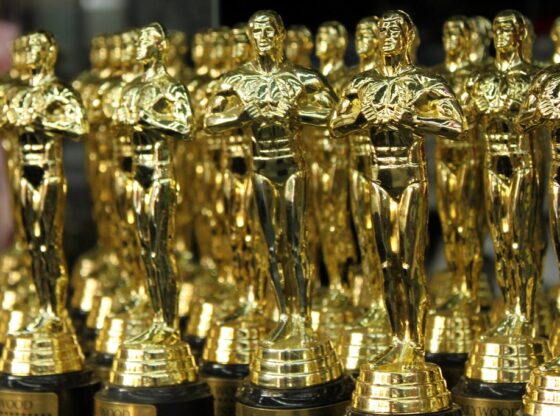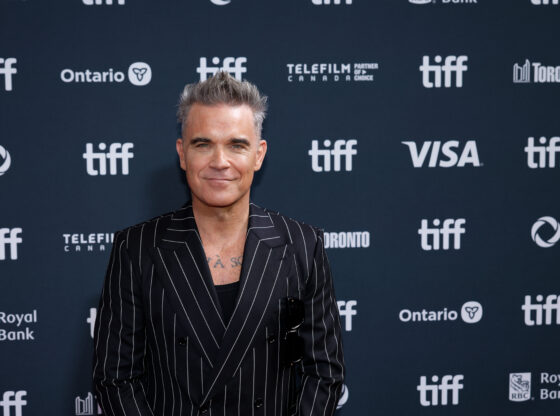Daniel Craig’s (“Skyfall”) fourth outing as super spy James Bond, “Spectre,” sees Bond in a battle with his past when a mysterious figure from his childhood, Franz Oberhauser (Christoph Waltz, “Django Unchained”), threatens to ensnare Bond in a web of shadows and crash his world down around him. Helping Bond save the day is MI6 figurehead M (Ralph Fiennes, “The Grand Budapest Hotel”), M’s secretary Moneypenny (Naomie Harris, “28 Days Later”), the always intuitive quartermaster Q (Ben Whishaw, “Cloud Atlas”) and beautiful “Bond girl” Dr. Madeleine Swann (Léa Seydoux, “Blue is the Warmest Color”).
While the plot of the film may feature Bond at war with the demons of his past, including those seen in previous Craig films, “Spectre” is a Bond story in which the suave tropes and iconography of the films that made Bond a household name collide head-on with the grim and intense world that has defined the Craig era. The film completely embraces and celebrates the martinis, ejector seats, smoking tuxedos and devious felines that turned Bond films into legends while attempting to maintain director Sam Mendes’ (“American Beauty”) dark and almost subdued style of beauty found in “Skyfall.” It mostly works, but it also prevents “Spectre” from reaching the dizzying heights of the action masterpiece that came before it.
The allusions to past entries in the franchise are certainly a delight for hardcore Bond fans, and many of them serve as an efficient plot device to tie together Craig’s adventures into one story, but the film is sometimes so self-indulgent that the intelligence and artistry that defined “Skyfall” as more than just another Bond film is lost in the chaos. While that film’s references gave some gravitas to Bond’s persona while still being fun and witty, this film has minor origin story syndrome, overtly throwing tropes in the audience’s face and hoping they’ll stick in order to hide any other flaws the film might have. This is especially obvious in less exciting parts of the film, where Bond symbols are used in an almost desperate fashion to distract the audience from the fact that the script may be more than a little wonky.
However, faults and all, “Spectre” is a cheekily fun and overall effective film. Craig is still in fine form as Bond, bringing some wonderfully dry humor to the proceedings. With each film, Craig’s performance grows more and more to resemble the campy Bonds of yore, but with an edgy twist that stands out amongst the crowd. Craig may not be the best Bond of them all, but he is certainly the finest actor to come into the role. Fiennes, Seydoux, Harris and Whishaw also put in some fine performances, finally making Bond feel like part of a memorable and important team rather than just being his meager groupies. Seydoux in particular elevates her Bond girl past the objectified characters of the past with a feisty and resilient attitude, but she admittedly doesn’t quite reach the level that Eva Green (“Penny Dreadful”) did in “Casino Royale” as Bond’s original love Vesper. Finally, Waltz is devilishly fun as always while serving as the film’s villain, bringing back the cornier menace of old-fashioned Bond villains with effective style.
In the end, “Spectre” may be a victim of its admiration for the past, but as “Skyfall” eloquently put it, sometimes the old ways are the best.

